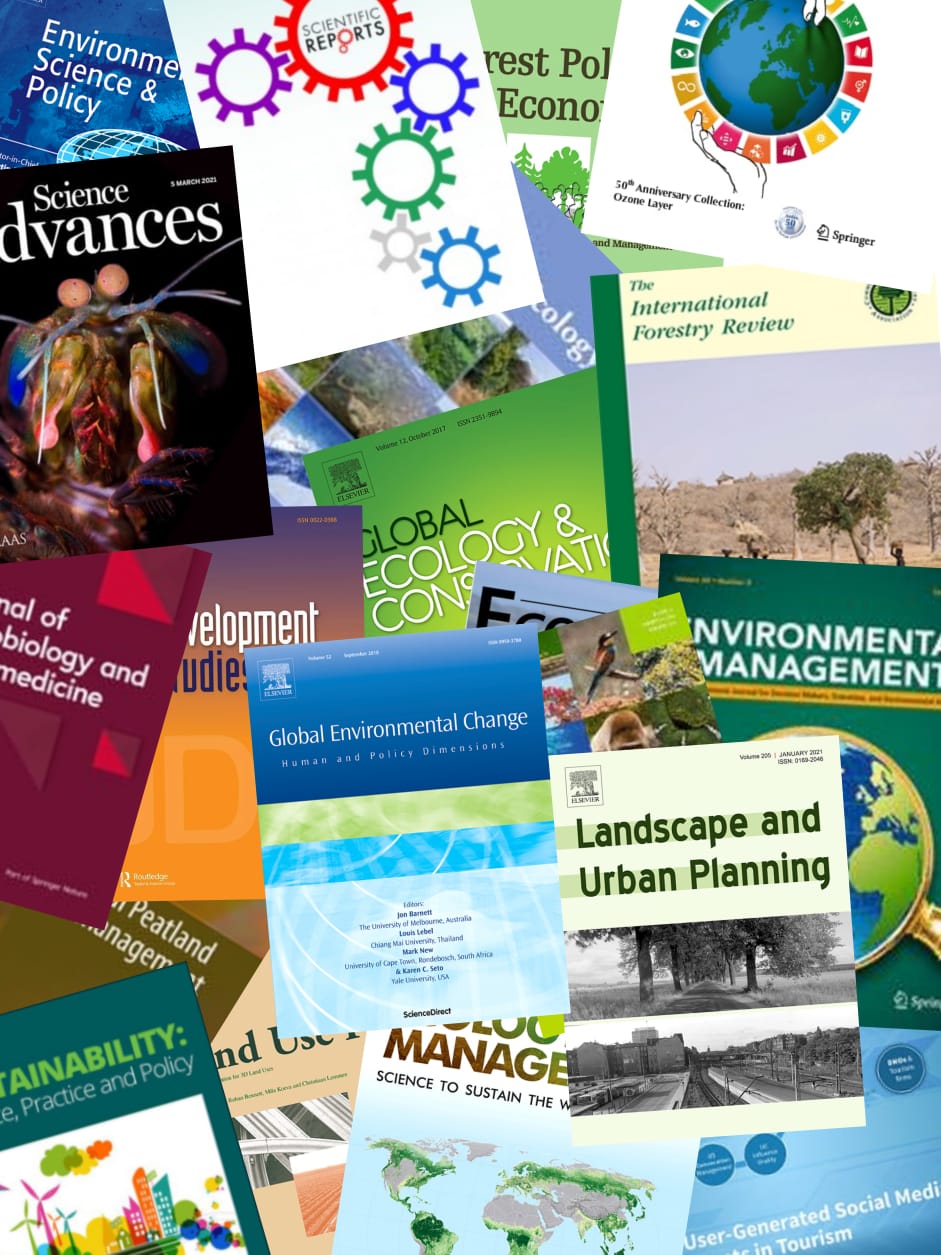Haze issue particularly PM2.5 became a social problem especially in northern Thailand that had serious impact to economy and public health for the last half decade. Thus, this research investigated and proposed on a solving model of haze problems in northern Thailand as a case study Chiang Mai province. Between August 2021 and December 2022, the authors used qualitative methods to conduct haze management dialogues with delegates from nine northern Thai provinces. Quadruple partnerships of university researchers, government officers, private and community sectors were working together to find best practices in haze management. The findings indicate that the primary cause of fire in the northern hemisphere was human-caused biomass burning in the forests. The supply chain management such as agro forestry, forest food, smart farm, smart animal farm had been introduced for those who live in the highlands as an alternative way to increase revenue which also decreases the expenses for their living. Additionally, a learning center for high land agriculture was established to transfer knowledge and the implementation of the sufficient economy for students or farmers to promote a sustainable and resilience society in other provinces in the northern Thailand.
View source

